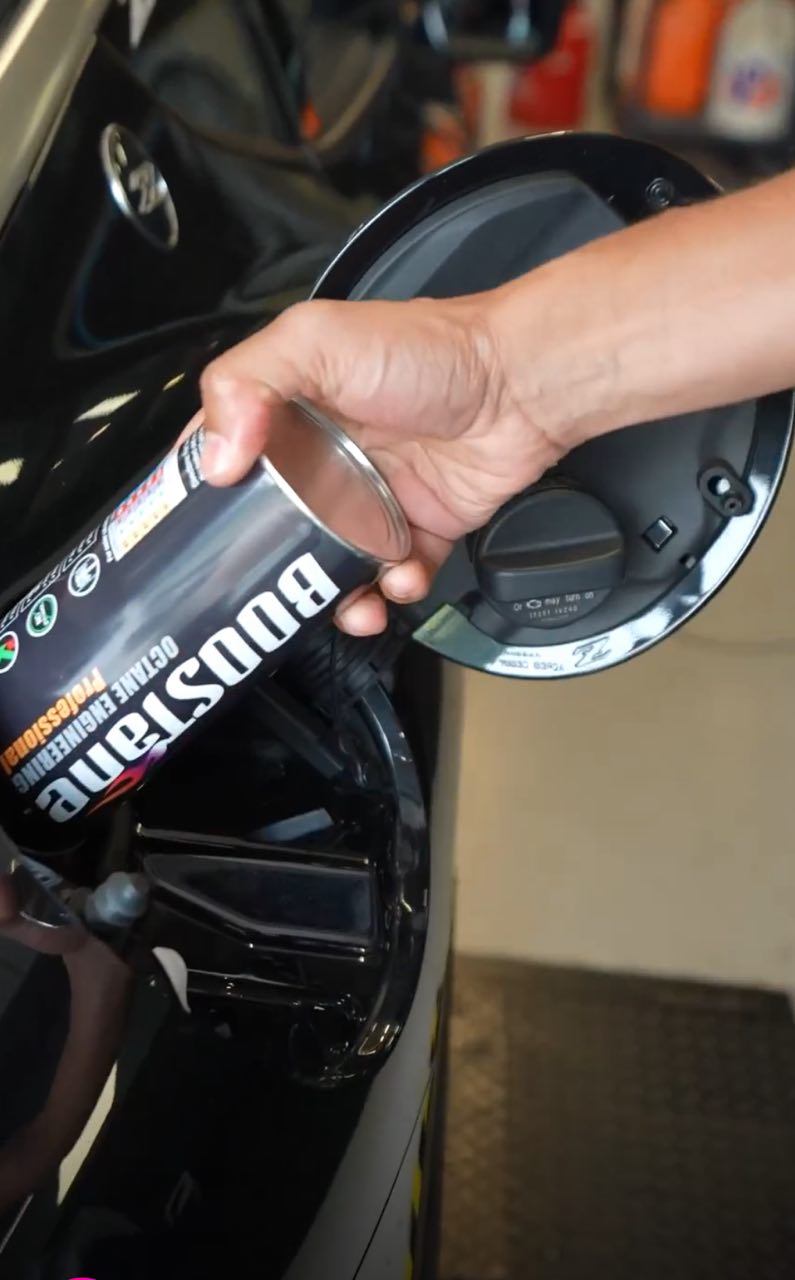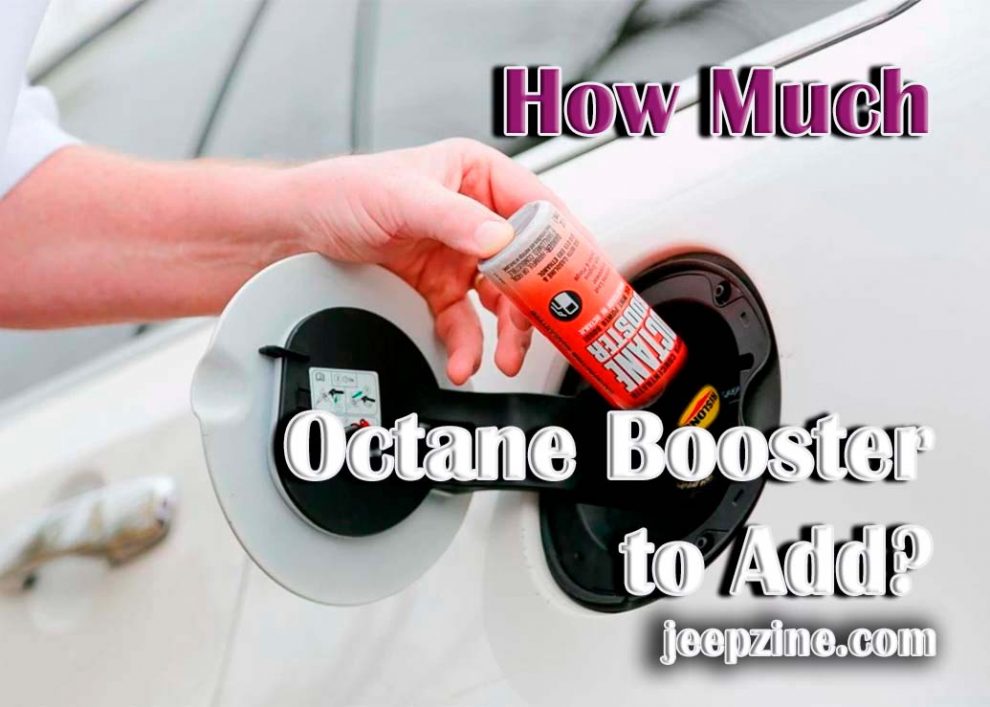Using octane boosters can enhance your car engine’s performance effectively. They can help to reduce engine knocking, improve acceleration, and even increase fuel economy. How much octane booster do you need to add? The answer depends on several factors, such as the type of fuel you’re using and the condition of your engine. In this article, we’ll explain everything you need to know about octane boosters and the amount you should add to get optimal performance out of your car’s engine. If you’re looking for a way to increase the power output from your engine without sacrificing fuel efficiency or reliability, adding an octane booster may be what you need. So read on and learn how much octane booster is best for your car!
What Is Octane Booster?

Detergents help keep your fuel system clean by removing carbon deposits, restricting injector flow, or clogging your air filter. Antioxidants prevent oxidation of the fuel components, which can lead to gumming up parts like carburetors or injectors over time. Finally, PIBA works by forming a protective coating on metal parts that come into contact with gasoline, like intake valves or spark plugs, which helps reduce wear over time. Depending on the type of booster used and its concentration levels, it can give up to a 3-5 point increase in octane ratings for gasoline engines. Octane booster is ideal for those looking to get more power out of their engine without buying high-octane gasoline every time they fill up.
How Much Octane Booster to Add to My Car’s Fuel Tank?
The amount of octane booster you should add to your car’s fuel tank depends on several factors, including the type of gasoline you use and the condition of your engine. We recommend adding between 1 and 4 ounces of octane booster for every 10 gallons of fuel. For higher octane ratings, such as 95 or 100, some experts suggest adding up to 8 ounces per 10 gallons. However, for older or poorly maintained engines, it’s best to begin with a smaller amount and slowly raise it over time. It’s essential to ensure you use the right booster for your vehicle. Many boosters are incompatible with diesel engines or those already running on high-octane fuel. Also read about Best Synthetic Oil for Ford 6.7 Diesel.
Is Using an Octane Booster in My Car’s Fuel Tank Safe?
Yes, using an octane booster is generally safe for your car’s fuel tank. However, it’s important to use the right type of booster and follow the recommended dosage instructions to avoid damage to your engine or fuel system. It’s also important to note that while octane boosters can provide some performance benefits, they should not replace high-octane gasoline. High-octane gas still provides superior protection from knocking and pinging than boosters alone, so if you’re looking for maximum performance out of your engine, it’s best to use premium gas when possible.
Conclusion
Octane boosters are a great way to improve your car’s engine’s performance without buying higher-octane fuel every time you fill up. However, it’s essential to use the right type of octane booster and follow the recommended dosage instructions for your vehicle. The amount of octane booster you should add depends on various factors, such as the type of gasoline you use and the condition of your engine. We recommend adding between 1 and 4 ounces per 10 gallons of fuel for gasoline engines. Using an octane booster in your car’s fuel tank is generally safe, but it should not replace premium gasoline.

